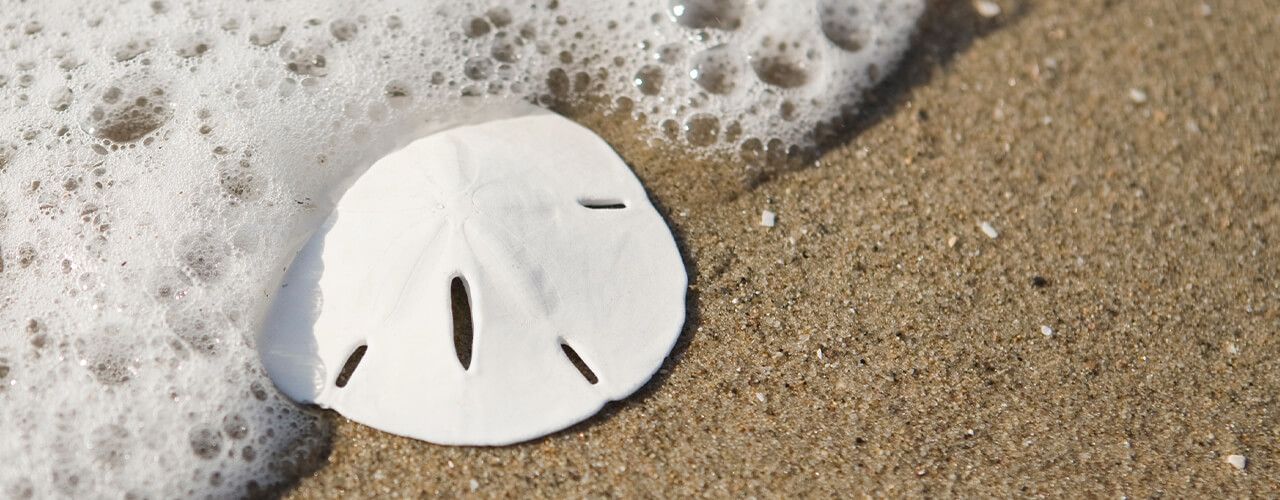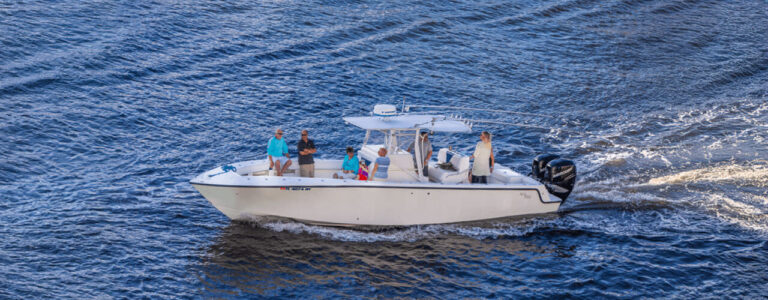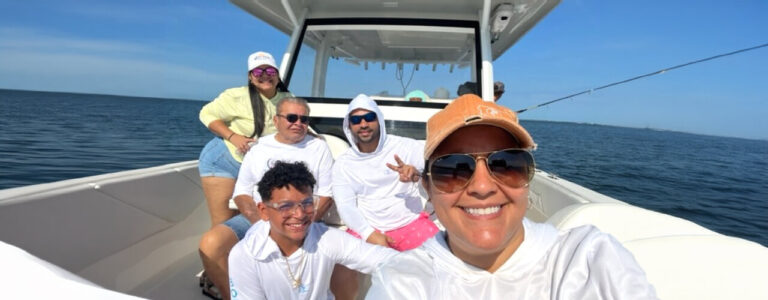
Are you a seasoned beachcomber? A shelling fanatic? Then you know that there’s nothing like the thrill of finding the elusive sand dollar on the shores of beautiful Sanibel Island.
The best time to find sand dollars on Sanibel Island is right after a storm, which allows the Gulf water to churn up and bring treasure troves like sand dollars to the surface for you to find. You should also look for sand dollars early in the morning or at dusk.
If you are a novice looking for some sand dollar catching help, we’ve got the tips you need to find perfect sand dollars.
What Does It Mean When You Find a Sand Dollar?
Finding sand dollars on Sanibel Island is an exciting experience. Sand dollars are a species of sea urchins.
What is The Legend of the Sand Dollar?
At the end of the day, the sand dollar is labeled as a shell. A beautiful white shell. Avid shellers will tell you that it’s hard to find a shell as beautiful and rich as the sand dollar. Some say the sand dollar represents the story of Jesus Christ’s birth, crucifixion and resurrection.
Look for the outline of the poinsettia on the underside of the sand dollar. There are also five dove-shaped pieces inside the sand dollar if you choose to break one open and explore the insides. All of this is part of the legend that the sand dollar is part of Christmas.
The term sand dollar refers to a species of flat burrowing sea urchins that have a rigid skeleton that allow them to move across the floor of the water. The bodies of adult sand dollars display a petal-like pattern.

The best time to search for sand dollars is in the morning during a low tide.
Is the Sand Dollar Still Alive?
A sand dollar is no longer alive if it’s bleached white from the sun from floating in a low tide or being cleaned and washed by the rolling sand.
What is Inside a Sand Dollar?
The inside of a sand dollar contains a burrowing sea urchin. The shell is left when the sand dollar dies and the spine falls off, showing a soft and smooth underside. The sand dollar has five jaw sections, 50 skeletal bone parts and at least 60 muscles!
Are Sand Dollars Poisonous to Humans?
While sand dollars can emit a harmless yellow material called echinochrome, the sand dollars are absolutely not poisonous and you can touch them without fear whether they are alive or dead. Alive sand dollars should be put back in the water, though, and left alone.
Is It Illegal to Kill Sand Dollars?
If the sand dollar isn’t white and is black or discolored, it may still be alive and shouldn’t be touched because it’s still living within its natural habitat.
How Do Sand Dollars Die?
To see if the sand dollar is still alive, look for velvety skin that protects and keeps the sea urchin alive. Also look for short spines, which look like fur, covering the sand dollar. The spines help the urchin move along the floor or the shore in its habitat. Watch closely and you can even see live sand dollars moving slowly on their own accord. If there’s no velvety membrane or spines affixed to the sand dollar, it’s free for you to take.
Are Sand Dollars a Sign of Good Luck?
Sand dollars that you find while strolling the beaches of Southwest Florida should absolutely be considered good luck! You can’t find them every day so finding a sand dollar should be celebrated.
Can Sand Dollars Bite?
Sand dollars do not bite. However, their long spines can cause puncture wounds and their small bones in their spines can cause a burning sensation if they puncture the skin. Be careful when handling the underside of a sand dollar.
How Can You Tell How Old a Sand Dollar Is?
You can tell how a sand dollar is just like you can tell how old a tree is. You can count the growth by counting the rings on the underside of the sand dollar’s exoskeleton. Usually, sand dollars live approximately six to 10 years old.
Finding Sand Dollars the Right Way
It’s easy to find sand dollars if you follow the right tips below:
Follow the Tides
The best time to search for sand dollars is in the morning during a low tide. Sand dollars are likely to ride a low tide right to shore. High tides create choppy waters and it’s hard to find them. Use this tide chart to help you plot low tides for sand dollar catching.
Check the Weather
Check the weather before you go sand dollar searching. Another great time to find sand dollars is right after a storm, which churns up the water and sends the sand dollars onto the beach.

Revel in the success of finding a sand dollar on Sanibel Island.
Perform the Shell Shuffle
Sand dollars aren’t as easy to find as shells. They like to hide under the sand and don’t always make it to shore. Try standing in shallow waters and shuffle your feet slowly into the wet sand. Perform this shell shuffle slowly enough that you don’t mix the sand into the water, which will ruin your visibility.
Wave Watching
Keep a lookout for receding waves, which expose sand dollars washing up on shore. You will be there as they arrive on shore to claim them.
Shoreline Watching
Keep your eyes on the ground and look for sand dollars underneath piles of shells. We promise you sand dollars are likely hiding underneath some of those shells.
Bring a Bucket
Use buckets to wash off and store your sand dollar and sea shell collection loot after a day of shelling.

Sand dollars can be washed to become bright white.
How to Clean Those Sand Dollars
Are some of your sand dollars discolored? Try washing and soaking them in a solution of water and bleach for five to ten minutes before rinsing them. Lay them on a towel outside and let the sun take care of the rest.
How to Preserve Sand Dollars
Looking to harden them and preserve them? Mix together white glue and water in equal portions, taking a sponge brush to cover the entire sand dollar. After they dry on some wax paper, they are ready for display or can be used in craft projects.
Plan a Shelling Excursion at Port Sanibel Marina Today
Once you’ve spent time on shore it’s time to head out into deeper waters! Rent a boat or schedule a charter to take you out on the outer islands for a shelling excursion through our charter partners at Port Sanibel Marina.
A shelling excursion will likely lead to more sand dollar discoveries. Need a place to stay? Book a fully furnished condo at Royal Shell Vacation Rentals. Call us at (239) 437-1660 to plan your trip and water sports activities today!



